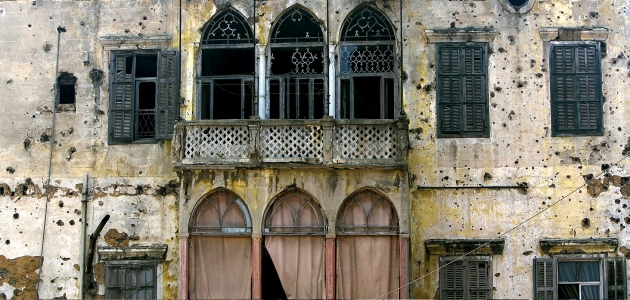Alexander Henley, The Guardian
World leaders are queuing up to affirm their commitment to Lebanese unity, but all have picked their sides and placed their bets.
"We focus our efforts on helping Lebanon maintain its unity," Turkish prime minister Recep Tayyip Erdoğan proclaimed generously in Beirut last week. He is quite clear that Turkey does not favour any sect or party over another.
Bravo, we need more like him, you might say, except that we do in fact have too many like him. Erdoğan’s visit is highly reminiscent of that by President Ahmadinejad of Iran last month.
Ahmadinejad also trotted out the familiar refrain of unity, reconciliation and peace in Lebanon, The Iranian president visited the Shia south and addressed a crowd of Hezbollah supporters, whereas the Turkish premier travelled to the Sunni Akkar region in the north for a pro-government rally with the prime minister, Saad Hariri. Saad Hariri’s "March 14" coalition came to power with a campaign for "the truth" about his father’s murder. The Hezbollah-led opposition, however, has cast doubt on the UN investigation’s legitimacy with accusations of false witness.
Foreign powers have been competing to show the most "support for reconciliation" in Lebanon. Syria and Saudi Arabia, the main Arab sponsors of Hezbollah and March 14 respectively, have made much of ongoing but mysterious "efforts: to defuse the situation.
Erdoğan made a point of his participation in the "Saudi-Syrian initiative" on Wednesday, and on Thursday the Iranian ambassador to Lebanon made a statement that "Iran is in constant contact and consultation" with Saudi Arabia, Syria and Turkey. Western leaders have been singing to the same tune: everybody wants peace. But everybody wants peace on their own terms. It is only because so many world powers have seized upon this dispute that the two sides have become intractable








